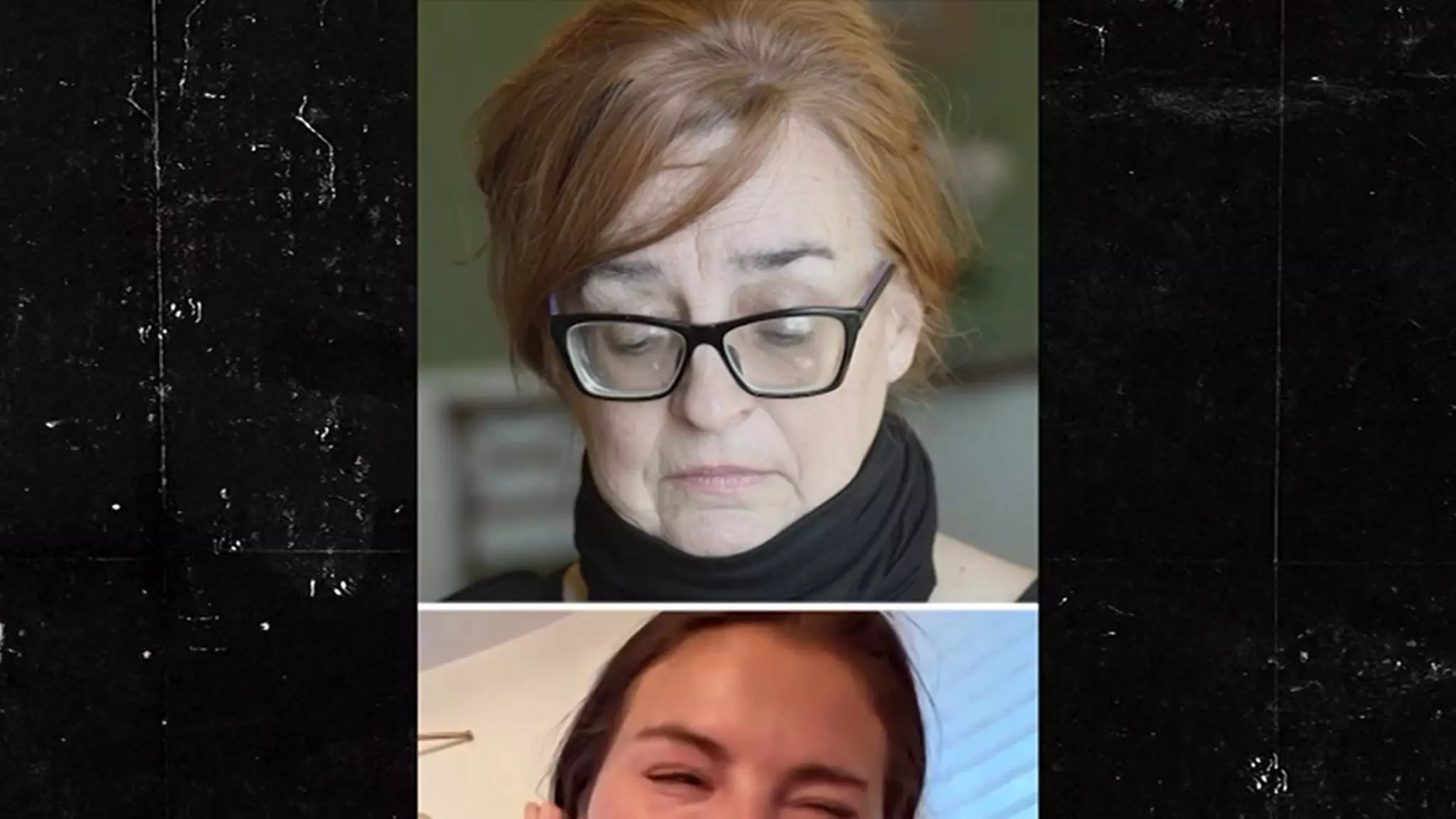In recent years, a notable and somewhat contentious phenomenon has emerged where celebrities intertwine their public personas with social and political issues. This fusion of fame and advocacy often sparks vigorous debates, particularly on sensitive matters like immigration. One such case involves popular singer and actress Selena Gomez, whose emotional response to recent Immigration and Customs Enforcement (ICE) actions has drawn both public sympathy and fierce political backlash, notably from the Trump administration.
The White House’s response to Gomez’s tearful declaration about the mass arrests indicates a robust pushback against celebrity engagement in political discourse. Highlighting cases of women allegedly killed by undocumented immigrants, the administration’s social media campaign not only sought to diminish Gomez’s position but also aimed to galvanize public sentiment in support of stricter immigration policies. By specifically naming the victims and their heartbroken mothers in a direct appeal to Gomez, the administration framed the narrative in a manner that sought to discredit her emotional advocacy as lacking genuine empathy for victims of crime.
Gomez’s initial video showcased her emotional investment in the plight of those affected by ICE actions, indicating a compassionate outlook towards marginalized communities. However, the backlash she faced from political leaders illustrates a warped sense of empathy in the political arena, where emotional pleas can be weaponized against advocates in the public eye. The mothers of the alleged victims accused Gomez of “putting on an act,” revealing the complex interplay between personal experiences of loss and the broader political ramifications of their narratives. This response suggests a divide not just between political affiliation but also between the lived experiences of those directly impacted and the perceptions held by public figures.
Gomez’s eventual defense of her emotional video suggested her intentions were rooted in demonstrating empathy rather than advancing a specific policy agenda. The complexities of immigration reform, coupled with personal testimonies of pain and loss, create a challenging landscape for advocates like Gomez. Questions arise: Is it feasible for public advocates to engage with such heavy topics without facing retribution from political counterparts? Can celebrity activism genuinely contribute to policy discourse, or is it simply a platform for public criticism?
The incident surrounding Selena Gomez and the Trump administration exemplifies the ongoing tension between celebrity advocacy and political rhetoric. It is a vivid reflection of a broader societal struggle to have nuanced conversations about complex issues like immigration. As public figures navigate these treacherous waters, it is crucial for all stakeholders—celebrities, politicians, and the public—to engage in constructive dialogue that reflects both empathy and a commitment to understanding the multifaceted realities of those affected by the policies in question. This incident underscores the importance of bridging emotional narratives with factual discourse to foster a more holistic view of immigration issues.

